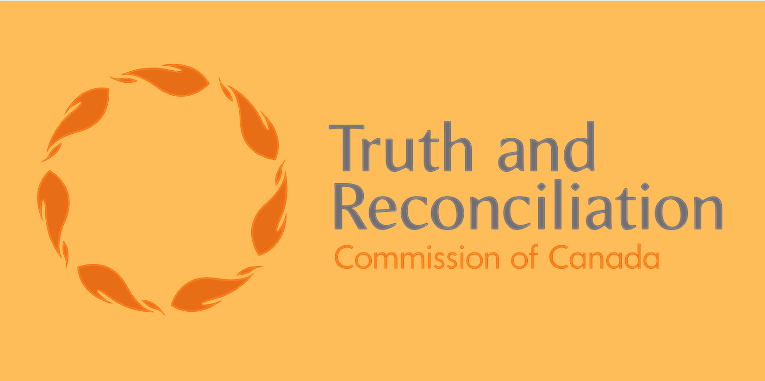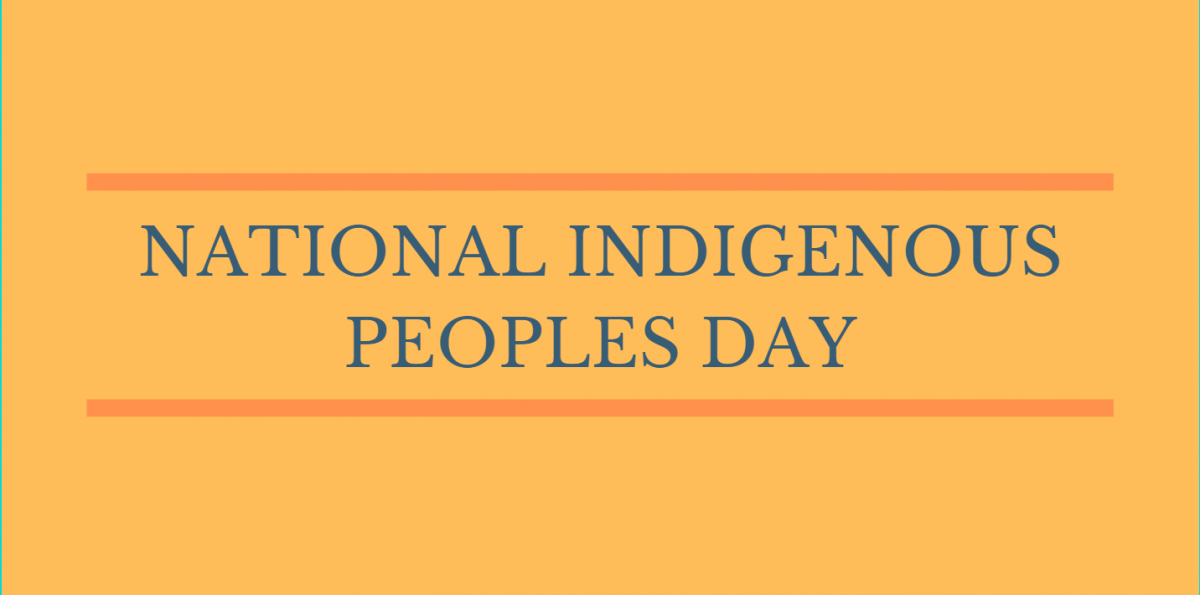Celebrated every June, National Indigenous History Month is a time when Canadians honour the history, heritage and diversity of First Nation, Inuit and Métis peoples, and recognize the strength of Indigenous communities. June 2020 marks the 11th anniversary of National Indigenous History Month (previously known as National Aboriginal History Month). It is also a time for British Columbians and Canadians to reflect on the ongoing work of reconciliation.

This year, June 2nd also marked the fifth anniversary of the Truth and Reconciliation Commission of Canada (TRC) 94 Calls to Action. Many are unaware that the TRC was formed as a direct result of the courage and resilience of residential school survivors through Schedule N of the Indian Residential Schools Settlement Agreement. The Treaty Commission continues to acknowledge the important work of the TRC Commissioners, staff and especially all the residential school survivors for their tremendous courage in leading us on path of healing and reconciliation. The TRC stated, “The truth telling and reconciliation process as part of an overall holistic and comprehensive response to the Indian Residential School legacy is a sincere indication and acknowledgement of the injustices and harms experienced by Aboriginal people and the need for continued healing.” In its final report, it called on governments, educational and religious institutions, civil society groups and all Canadians to take action on the 94 Calls to Action it identified. The overall goal is to work towards a stronger and healthier future and we all share in this responsibility together.
In recognition of National Indigenous History Month and the importance of the ongoing work of reconciliation, the Treaty Commission shared a public information campaign highlighting all of the TRC Calls to Action through our social media over the course of the month. Implementing the TRC Calls to Action is an ongoing commitment and is achieved through meaningful work. To see what progress has been made on each of the 94 Calls to Action, see CBC’s Beyond 94.
The BC Treaty Commission’s mandate includes supporting negotiating parties in implementing the UN Declaration on the Rights of Indigenous Peoples and the TRC Calls to Action, as well as the Principles Respecting the Government of Canada’s Relationship with Indigenous Peoples and the recognition of First Nations title and rights.

On June 21st, we celebrated National Indigenous Peoples Day. National Indigenous Peoples Day has been recognized by the Government of Canada since 1996. The date June 21st was chosen in recognition that many Indigenous communities celebrate their culture and heritage around this time of the year for generations as the significance of the summer solstice brings many harvesting practices and cultural ceremonies. National Indigenous Peoples Day is usually marked by large celebrations, ceremonies and festivals across the country. Many annual events moved their celebrations online this year. The BC Treaty Commission was a sponsor for Canada’s First Nations Radio livestream celebration showcase. Video of the livestream can be viewed on the CFNR Network website.
Learn More
To read more about National Indigenous History Month and National Indigenous Peoples Day and their importance, visit https://www.rcaanc-cirnac.gc.ca/eng/1466616436543/1534874922512.
Throughout June, CityNews Toronto also shared Indigenous peoples’ stories and voices to celebrate the differences they have made to their communities and to Canada. Included are profiles written on Chief Wilton Littlechild, Phyllis Webstad, and National Chief Perry Bellegarde. Visit https://toronto.citynews.ca/tag/national-indigenous-history-month/.
Take time to read the literary works of Indigenous peoples from British Columbia and across Canada. For a list of books that includes non-fiction, autobiographies, fiction, poetry, and graphic novels, visit https://www.cbc.ca/books/35-books-to-read-for-national-indigenous-history-month-1.5585489.